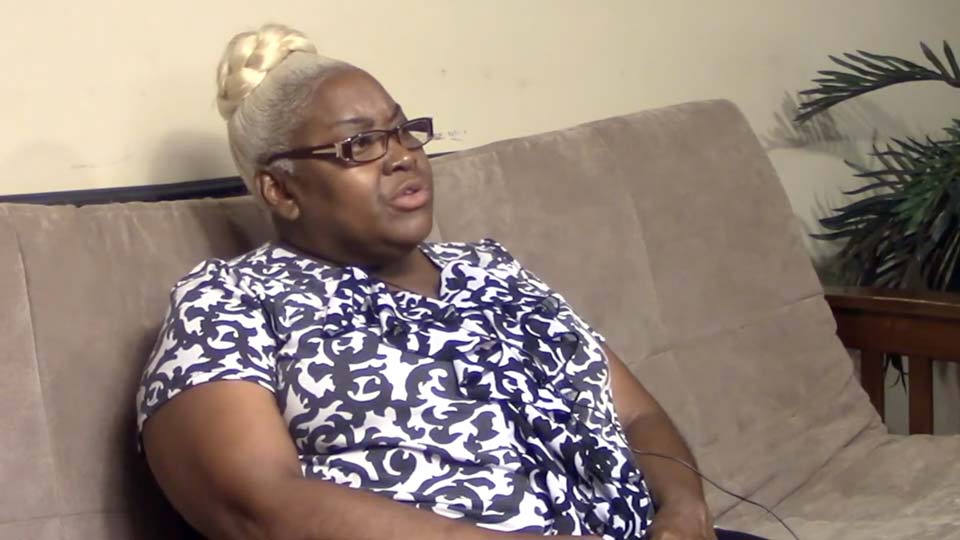Our Focus
Located in apartments conveniently located throughout Atlanta, our short-term and long-term supportive housing offers people a place to live, the tools they need to achieve independence, and the support they need to reach their goals. We also offer short-term housing at Hope House for the men who are transitioning to and from the residential treatment program there.
When applicable, residents pay rent relative to their income, giving them a chance to regain their health, well-being, and dignity. A spectrum of services is delivered on-site, and our residents are encouraged to join in individual and group activities focused on helping them achieve their goals.
The array of services provided include
Impact
CaringWorks residents get much more than a place to live. They learn new skills, develop reliable sources of income, and often become contributing members of their community.
In 2023
0%
of clients in our permanent supportive housing programs continued to be stably housed one year after they entered our program0%
of clients assessed maintained or showed improvement in mental health0%
of clients who exited our program maintained or improved their incomeChanged Lives
Let some of our clients tell you about their experience.
Program: MOVE
Trina C.
Trina grew up in a small town in New Mexico with her five siblings before moving to Seattle to finish school. She landed in Atlanta with her boyfriend and two daughters. She and her children first became homeless in 2016. She had been staying with her boyfriend and he became abusive. Trina stated, “He’d come home from work drunk and he’d want to fight sometimes. He would tell me he’d want to kill me if I left him. We moved from one place to another...I grew tired of worrying about whether he would hurt me or my kids. One day when he went to work I grabbed my kids and our stuff and we left. I called 211 and they helped us get to a safe house in McDonough somewhere,” she continued.
Through Atlanta’s Coordinated Entry system, Trina was referred to CaringWorks. She told us, “We were at the safehouse for a little while and I got some things accomplished. The kids went back to school and I got a job. From there we ended up at City of Refuge. Through all of those experiences, I ended up being diagnosed with PTSD. I take it one day at a time. My sobriety sometimes goes up and down, but they’re helping me out with that.”
Trina is hopeful about the future. She stated, “I want to see my oldest in college. Hopefully I’ll have a stable job and consistency in my housing for myself and my children. I want to go back to school for myself, too.”

Providing Necessary Treatment Programs
CaringWorks client, Kim, tells her story of triumph and how overcame chronic homelessness.

Short-Term Housing Program Eligibility
To be eligible for short-term housing, you must meet several requirements, including:
- Referred from an approved referral source
- Over the age of 18
- Currently homeless or at risk of immediate homelessness
- In need of substance abuse treatment, behavioral health services, and/or recovery support
Requirements for Prospective Members: If you have these documents, please bring them with you when we meet (we’ll help you get them if you do not have them):
- Proof of medical clearance from a doctor
- Proof of mental health history or co-occurring disorders
- TB and RPR verification (no more than 6 months old)
Long-Term Housing Program Eligibility
To be eligible for long-term housing, you must meet several requirements, including:
- Referred through the Continuum of Care (CoC)
- Open to men, women and families
- Currently chronically homeless
- Must have a verifiable mental and/or physical disability
Requirements for Prospective Members: If you have these documents, please bring them with you when we meet (we’ll help you get them if you do not have them):
- Verification of homelessness
- Government-issued identification
- Referral Letter
